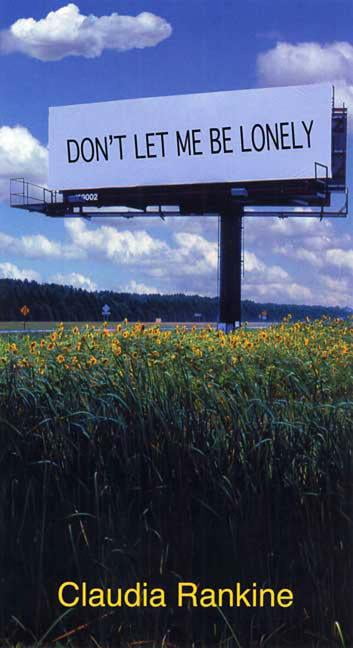
In a section following the discussion of the shooting death of Amadou Diallo (who in case you don’t remember was unarmed, leaving his house in New York City, was shot 41 times by the New York City Police, and died at the scene having done nothing but walk out of his door) Rankine writes: The world moves through words as if the bodies the words reflect did not exist.īut she addresses these questions that poets (especially women poets, especially women poets of color) have to ask themselves (perhaps in a way that other poets aren’t forced to, because their poetry is not read as representative of their gender/race/etc.?). Or, well, I tried to fit language into the shape of usefulness. What is the purpose of a poem, in the face of death, depression, racism, tragedy? Towards the end, she seems to be struggling most with this question of poetic possibility/responsibility. There are several threads through the work: death, depression (occupying the most memoiristic moments) racism, and the response to 9/11/01 (the social/ethical commentary made personal) and a searching for a way to express, which ultimately fails (the most poetic moments fall here). But that Claudia Rankine puts that freedom to wonderful use. Wright give a phenomenal lecture on poetry, in which she discussed poetry as a catch-all for writing that doesn’t fit anywhere else, and how that’s a problem…the essay is part of a forthcoming book that I am holding my breath for). Poetry lends a freedom that can be dangerous (I recently heard C.D.



Except for those working between those forms: Susan Howe, Anna Joy Springer. And I’ve also suggested to my non-fiction writing friends that poetry and non-fiction have more in common than most realize. We read a poem differently than we do a memoir.

I’ve long contended that genre is mostly useful to define reading strategy (define? demand? encourage?). Is it a prose poem? A lyric essay? A hybrid essay-poem? A hybrid poem-memoir? Yes.


 0 kommentar(er)
0 kommentar(er)
